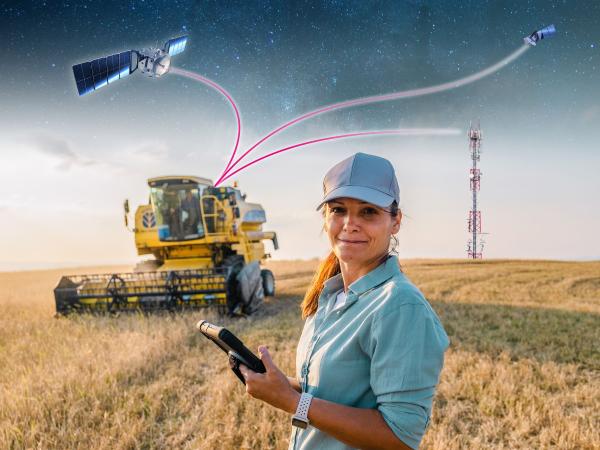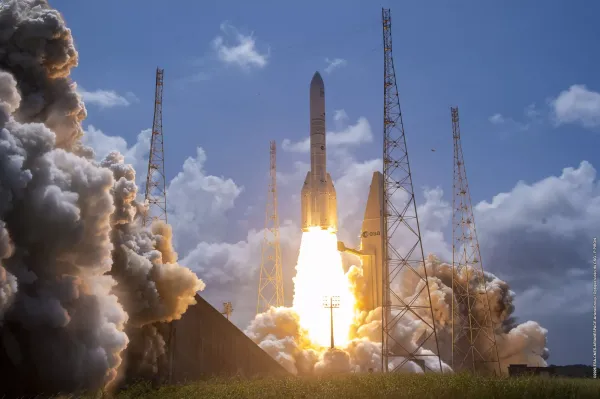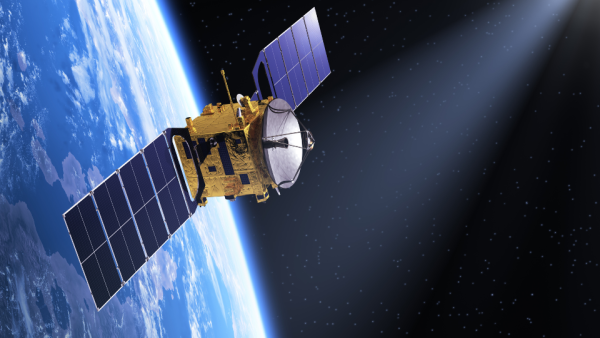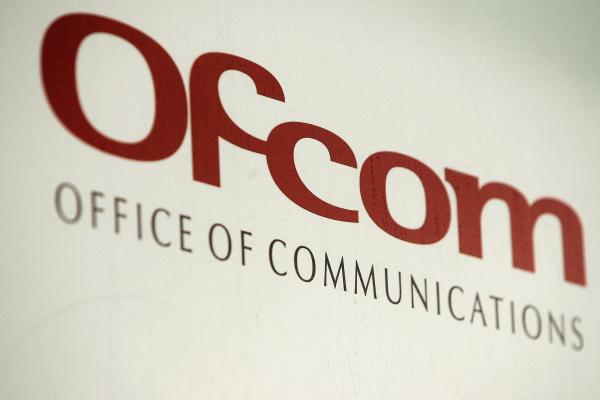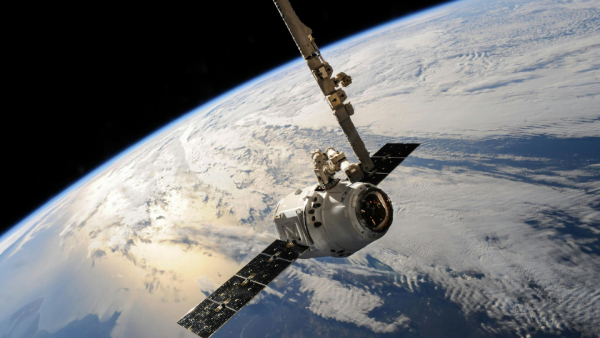Written by the GSOA

The Global Satellite Operators Association (GSOA) today released its Code of Conduct on Space Sustainability, calling on operators to implement responsible practices that mitigate the risk of in-orbit collision, minimize the threat of non-trackable debris, protect humans in space and limit effects on optical astronomy.
Satellite communications services provide essential connectivity that complements terrestrial networks and contributes to the delivery of universal service and coverage. Satellite connectivity can significantly help reduce today’s digital divide, as the number of satellite broadband users is set to double to at least 500 million people by 2030. “Satellites in all orbits deliver vital satellite connectivity and high throughput broadband services. While they offer great promises in bridging the digital divide, they must be launched, deployed, operated and disposed of in a responsible manner,” said Isabelle Mauro, the Director General of GSOA.
As the only CEO-driven satellite association in the world, GSOA – a global industry organization representing over 70 Members, with satellite operators in all orbits, launchers, suppliers and partners – takes the lead in addressing global challenges, seizing opportunities, and providing a unified voice for the satellite industry.
“The satellite industry has proven vital to helping bridge the digital divide and connect the unconnected, whether they are on land, at sea or in the air. These vital services depend on protecting and preserving access to space,” said GSOA Chairman Dan Goldberg, CEO of Telesat Corporation. “The development and industry-wide approval of the Code of Conduct is an important step in identifying best practices and mitigations to preserve access to space for future generations.”

